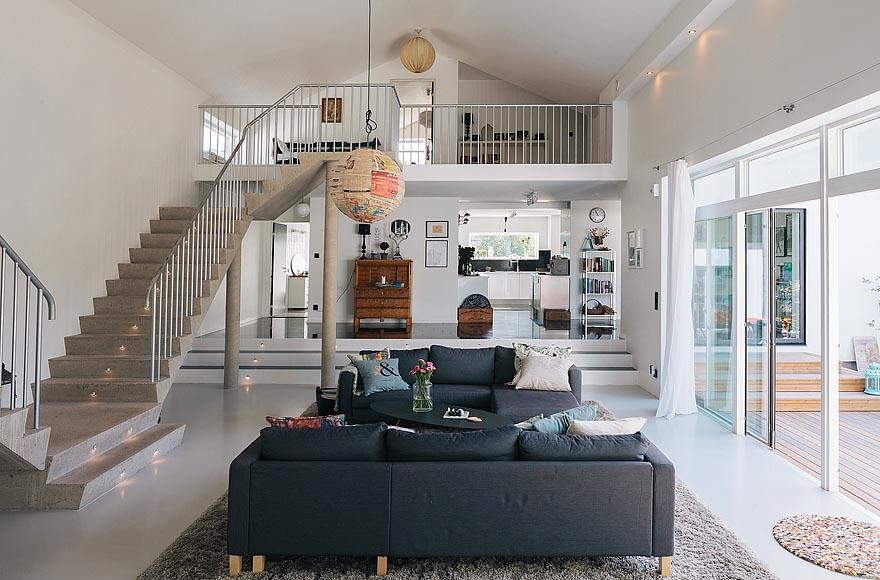As your family grows or your lifestyle changes, you may find yourself craving more space in your home. Whether it’s a larger kitchen, an extra bedroom, or a new home office, extending your home can be a fantastic solution. However, before you start dreaming of open floor plans and spacious rooms, there are some key factors to consider to ensure your home extension is both practical and successful.

Planning Permission and Building Regulations
Before embarking on your home extension journey, it’s essential to check whether you need planning permission. In some cases, you may be able to extend under “permitted development” rights, but for larger projects, you’ll need to go through the planning process. In addition, building regulations must be adhered to to ensure that your extension is structurally sound, energy-efficient, and safe.

Budgeting for the Project
One of the most important aspects of any home extension is setting a realistic budget. Beyond the cost of materials and labour, don’t forget to factor in planning fees, design costs, and any unexpected expenses that may arise during construction. It’s always a good idea to add a 10-20% contingency to your budget for those surprise costs.

Choosing the Right Builder
Selecting a reputable and experienced builder is crucial for a successful extension. Look for companies with a portfolio of previous projects similar to yours, and make sure they are insured and accredited. Checking online reviews and asking for recommendations from friends and family can also help you find a trustworthy contractor.

Consider the Foundations
One often overlooked aspect of home extensions is the foundation work. The stability and safety of your extension rely heavily on the groundwork beneath it. If you’re planning a significant addition, like a second story or a large open-plan space, you’ll need to ensure that the foundation can support the new structure.
For more complex projects, particularly those in areas with poor soil conditions, you may need to hire piling companies. Piling is a method of deep foundation construction that transfers the load of the building down to a more stable layer of soil or rock. These companies specialise in ensuring your extension stands the test of time, even on less-than-ideal ground.

Maximising Natural Light
When designing your home extension, consider how you can bring in as much natural light as possible. Skylights, large windows, and glass doors are excellent ways to create bright and airy spaces. Maximising natural light not only makes your home feel more spacious but also reduces your need for artificial lighting, cutting down on energy costs.

Blending Old and New
When extending your home, it’s essential to maintain harmony between the existing structure and the new addition. This involves selecting complementary materials and design features so that your extension feels like a natural part of your home, rather than an afterthought. A good architect or designer can help you achieve a seamless transition.

Energy Efficiency
Lastly, consider the energy efficiency of your home extension. From double-glazed windows to insulation and energy-efficient appliances, there are many ways to reduce the environmental impact of your new space. Opting for sustainable materials and ensuring your extension is well-insulated will save you money on energy bills in the long run.

Final Thoughts
Extending your home is an exciting opportunity to create more space and improve your living environment. However, it’s essential to approach the project with careful planning, especially when it comes to structural considerations like foundations. Working with reputable builders, architects, and piling companies will ensure that your extension is both safe and stylish, giving you the extra room you need to enjoy your home for years to come.




[…] RELATED: Extending Your Home: What You Need to Know […]